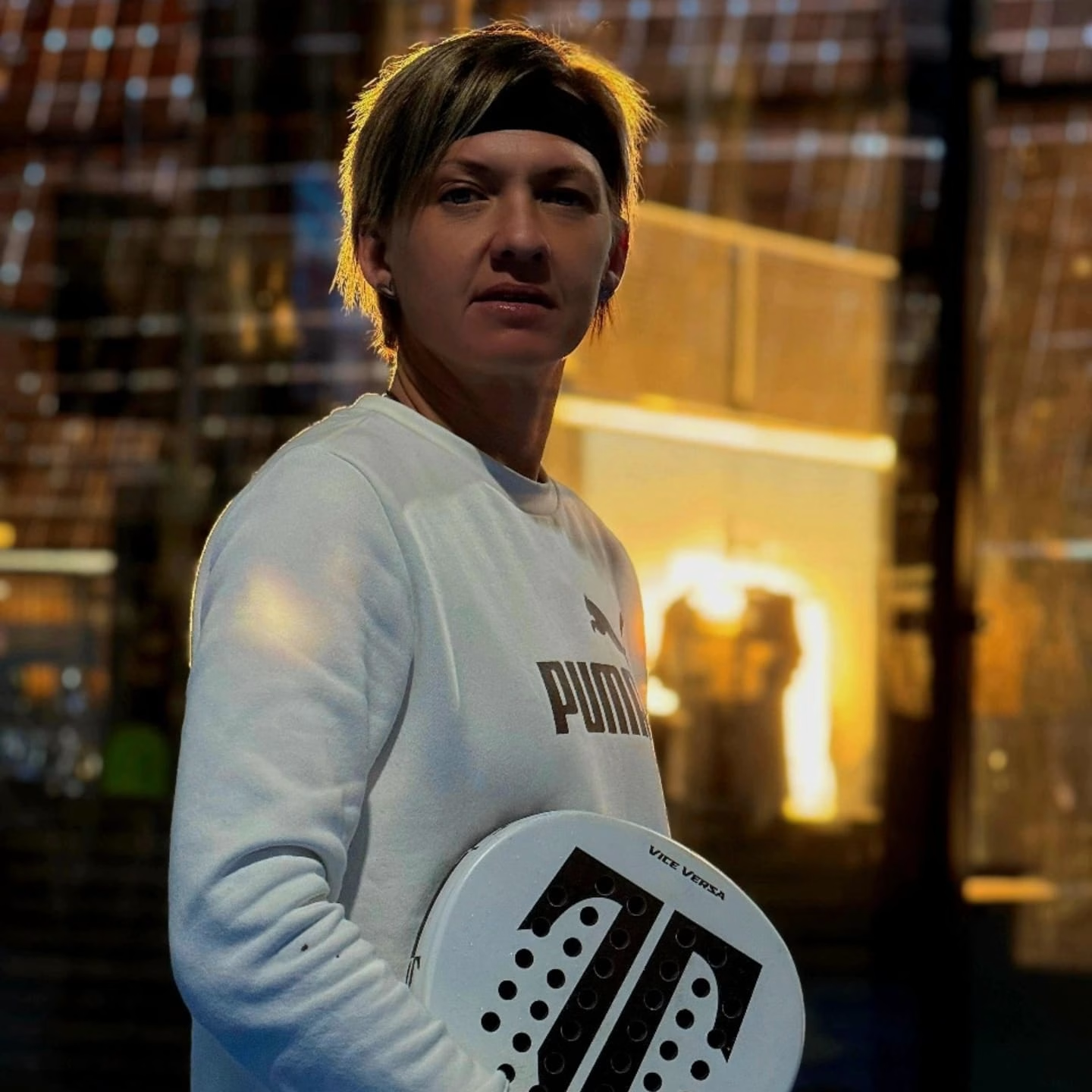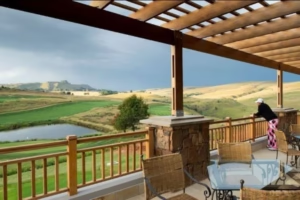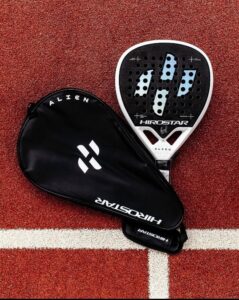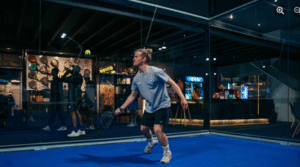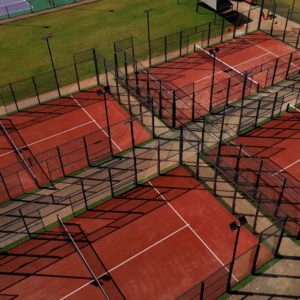
Padel Means Business: The New Power Play for Networking Success

Forget golf. The new handshake in business happens behind a glass wall with a Padel racket in hand. Padel ball is fast becoming the go-to game for networking, deal-making, and building real business relationships that last longer than a LinkedIn connection.
What You’ll Learn
- Padel is South Africa’s fastest-growing sport and an elite networking space.
- Business leaders use padel courts to build trust, close deals, and vet partnerships.
- It offers casual, inclusive play, perfect for breaking down titles and hierarchies.
- Padel clubs are emerging as premium corporate mixers and team-building venues.
- Mixing sport with strategy fosters genuine, lasting business connections.
1. The Sport That Levels the Playing Field
Padel Ball isn’t just trendy, it’s tactically smart. Unlike golf, which often requires long hours, technical skill, and a certain socio-economic barrier to entry, padel is fast, social, and easy to learn. This makes it the ideal environment for business leaders, entrepreneurs, and creatives to engage on neutral ground.
Whether you’re the CEO of a financial firm or launching a fintech startup, on the padel court, titles are dropped, and personalities come to the fore. It’s an equaliser. And in business, that’s gold.
2. Deals Don’t Happen in Boardrooms Anymore

We live in the age of hybrid work, digital overload, and Zoom fatigue. A quick 90-minute padel session followed by a post-match smoothie or G&T delivers something no conference call can: authentic connection.
Conversations flow more easily when you’re sweating it out side-by-side. Trust is built faster when you’re chasing lobs and laughing over unforced errors. Many padel players report walking off court with new contacts, collaborative ideas, and, sometimes, game-changing business partnerships.
“One match told me more about a potential investor than three pitch meetings ever could,” says Durban-based tech entrepreneur Devon Jacobs.
3. High-End Clubs, Premium Connections
From Joburg’s Sandton strongholds to Cape Town’s sea-breeze courts, padel clubs are becoming the new hubs of influence.
They’re hosting corporate tournaments, brand activations, and exclusive member mixers that feel more like relaxed summits than stuffy networking events.
Some of South Africa’s leading companies, from luxury automakers to boutique consultancies, are hosting padel experiences for client engagement, team building, and even onboarding.
Padel is physical, yes, but it’s also strategic, collaborative, and rhythmic, everything a successful business partnership should be.
4. The Unspoken Language of Play
Sport reveals character. How someone behaves under pressure, handles a partner’s mistake, or celebrates small wins can say more than a CV. That’s why savvy networkers are using Padel to screen talent, connect with investors, and get a sense of culture fit.
“You learn how people think, adapt, and communicate. That’s invaluable in business,” says Claudia Henkel, former Miss SA and marketing executive, who plays weekly at Padel Life partner clubs.
In other words, padel isn’t just a game. It’s a behavioural interview in disguise.
5. From Racket to ROI: Business Growth through Padel
Here’s how the best is turning rallies into relationships:
- Book a recurring court with rotating guests. Invite a mix of clients, partners, and prospects.
- Co-host a padel morning with industry peers. Add healthy snacks, post-match mingling, and light branding.
- Sponsor a court or tournament. Align your brand with a sport that exudes modern, mindful success.
- Leverage padel socials. Most clubs have WhatsApp groups and community events goldmines for soft networking.
6. The Takeaway: Swap Coffee for Court Time
The modern professional doesn’t want to sit across a table, they want to move, connect, and collaborate. Padel is the new handshake, the new golf, the new way to win in business.
So next time you think about booking a coffee meeting, ask yourself:
Wouldn’t it be better to book a court instead?
The Editorial Team



